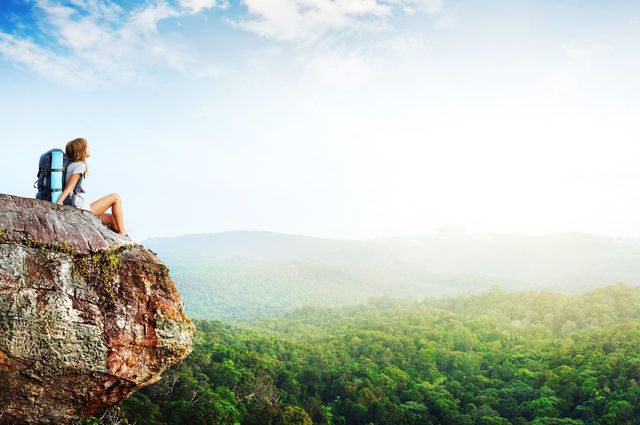Responsible travel: How do we make booking sustainable hotels easier?
22 experts shared their view
Evidence shows that spending time in nature helps reducing anxiety, improving mental health and well-being, let alone boosting physical health. Nature is good for us; can we be good to nature too? It's no wonder that one recent large-scale survey conducted by Booking.com (2020) identified 'Impact Awakening: The Rise of Responsible Travel' as one of the nine predictions on the future of travel. Half of the global travelers surveyed expressed the desire to travel more sustainably in the future with over two-thirds of respondents expecting more sustainable travel options from suppliers. Demand is (and expectations are) building up and post-pandemic will see a surge in travel with purpose. But do travelers easily have access to all information needed to make wise decisions on sustainable travel and hotels? Where are the gaps in the search and booking stages? And which company manages to fill those gaps well? What are some best practices in showcasing hotel sustainability online?
Booking.com (20 Oct 2020). Smarter, Kinder, Safer: Booking.com Reveals Nine Predictions For The Future of Travel. https://www.booking.com/articles/category/future-of-travel.html.
Cornell Roundtable Recap: Sustainability in the era of COVID-19
The perception of sustainable business practice is intrinsically linked to the way it is communicated. Acceptable actions and solutions are framed through language choice and messaging approach. The unexpressed concern that “green” is interpreted as cost-cutting and reduced quality must be eliminated.
There is a major gap between the desire to do better on holiday, and the conscious search for accommodation that adheres to and promotes responsible tourism practices. This is due to low consumer literacy around the topic, but also because the main factors in choosing a holiday revolve around the location, type of accommodation, and price. The intent to stay in a hotel that does good in the world may well exist, but it is not yet an intrinsic part of the initial search criteria.
Herein lies a didactic opportunity. Never has the industry been presented with a better chance to harness the increasing positive traveler sentiment regarding sustainability.
A balanced educational drive is required to:
- a) engage owners so they understand how important their sustainability efforts are to their long-term business strategy;
- b) educate consumers so that they recognize and value the social, environmental, and economic elements of sustainable tourism and are compelled to take action through participation; and
- c) assist business owners in weaving their responsible practice into their sales offer and marketing copy through storytelling and direct persuasion techniques.
A best practice example is the B Corp recognized Chilean company, Smartrip - the first socially driven travel company in the world. Read more here: https://smartrip.travel/en/we-are-travel-with-purpose/.
Ultimately, we need to encourage the “greenhushers” out of the closet and hold the “greenwashers” responsible for what they claim they do. A consistent approach is necessary to nurture a middle ground where confident, innovative messaging compels guests to feel empowered to participate in creating better futures for our destinations.


